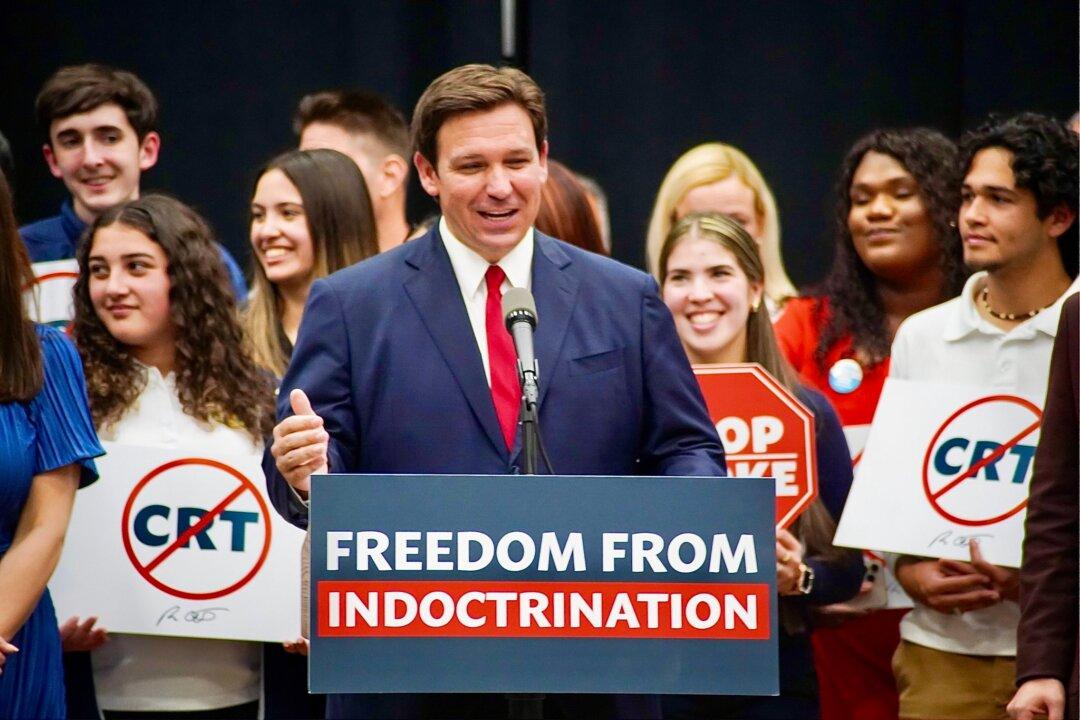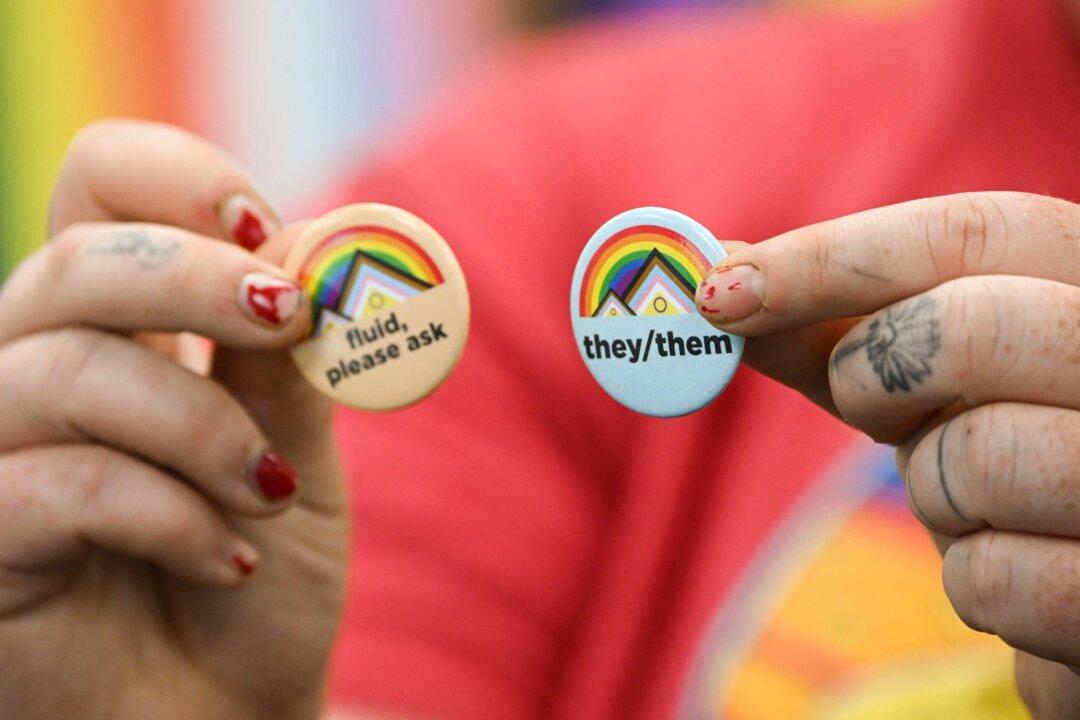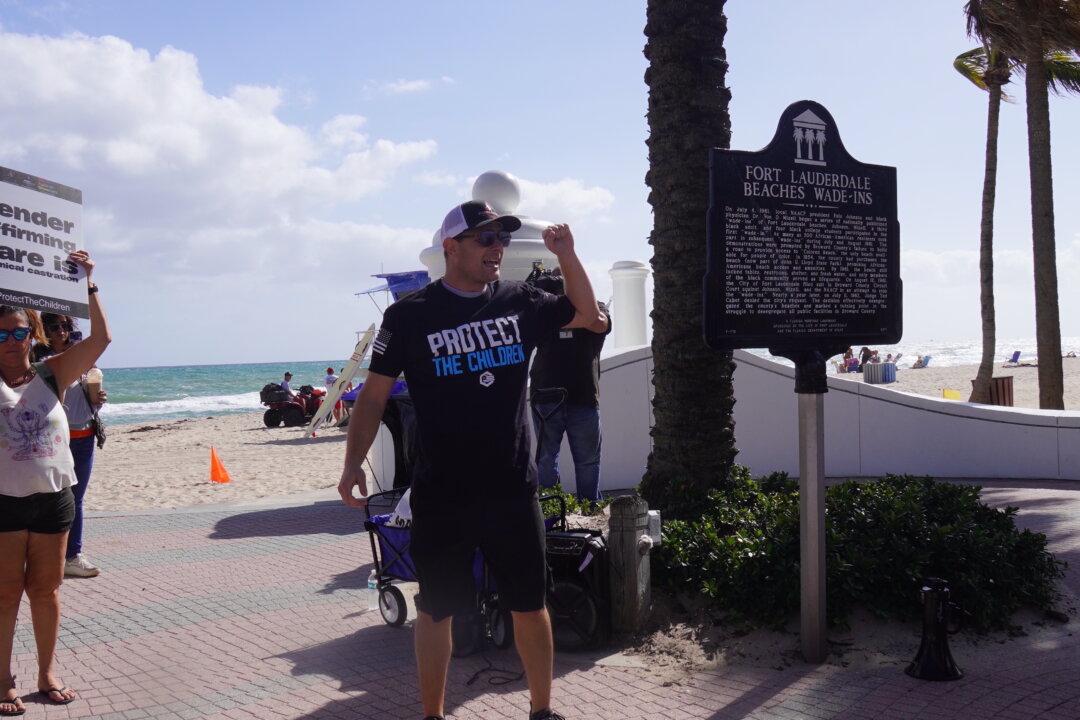PUNTA GORDA, Fla.—Parents of students in Miami-Dade County made one thing clear to school officials this week—they are waking up and not woke, said the leader of a citizen watchdog group.
And it’s just more evidence that “parents and guardians across America are actively taking steps toward regaining their rights in education,” Alex Serrano, president of the area’s chapter of County Citizens Defending Freedom-USA, told The Epoch Times.




